1 Intro
I’ve been working on generative software for a decade now, and I’ve been slowly bringing it out into the physical world. With a painting robot before http://tilde.club/~lesh/projects/painter/ now with automatically designing and creating cathedral style stained glass windows represneting heroes and virtues of Rationality.
I’m interested in the intersection of religious and mystical themes with rationality and machines.
2 Work until now
I’ve developed a method to deposit a contours of stained glass type windows using a modified 3d printer



3 Plans
From the technical end develop a new machine that can work on much larger cathedral type windows, develop a paint delivery mechanisms for automatic painting. I have experience with custom CNC machines as well as fluid manipulation using air pressure, pumps etc.
More importantly produce stained glass windows during the residency :)
4 Samples
This is an example of types of images I’d like to generate and some initial stablediffusion experiments, I assume quality of these can be made much better.
4.1 Alan turing
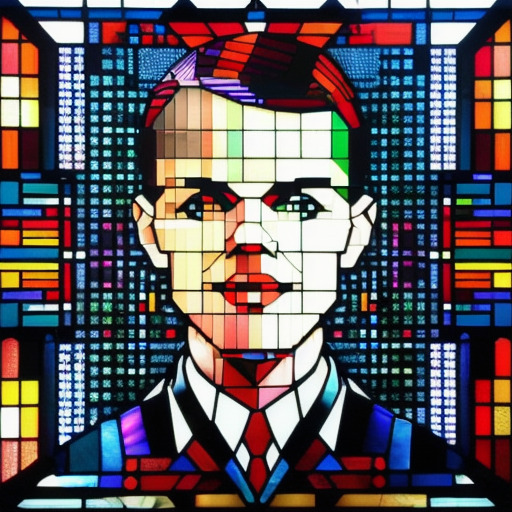
Turing was highly influential in the development of theoretical computer science, providing a formalisation of the concepts of algorithm and computation with the Turing machine. He is widely considered Father of theoretical computer science and artificial intelligence.
From September 1938, Turing worked part-time with the Government Code and Cypher School (GC&CS), the British codebreaking organisation. He concentrated on cryptanalysis of the Enigma cipher machine used by Nazi Germany. Turing was prosecuted in 1952 for homosexual acts. He accepted hormone treatment with DES, a procedure commonly referred to as chemical castration, as an alternative to prison. Turing died two years later from cyanide poisoning. An inquest determined his death as a suicide
4.2 Devil
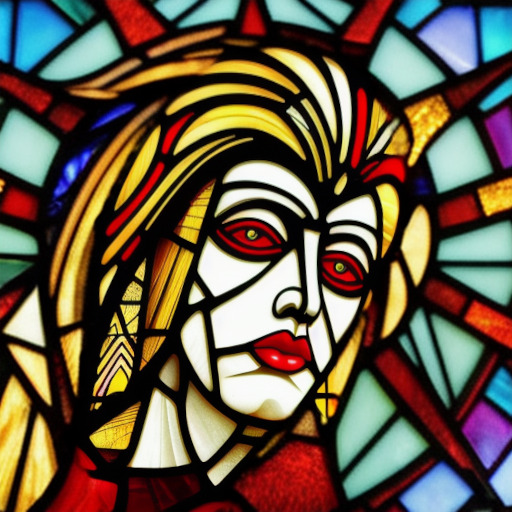
4.3 Tycho Brahe
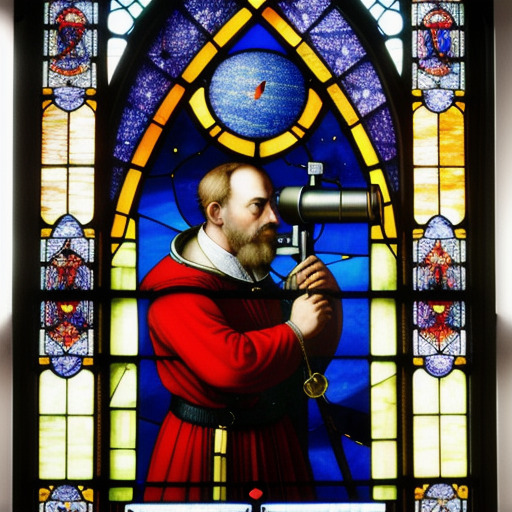
The great 17th century astronomer who measured the position and movement of the stars more precisely than any who came before him. He was the last major astronomer before the invention of the telescope. In Prague, Tycho worked closely with Kepler, his assistant.
4.4 Darwin
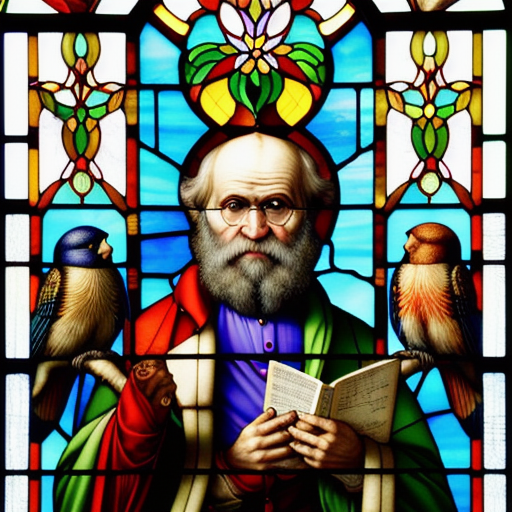
Charles Darwin studying finches. Widely known for his contributions to evolutionary biology, he introduced his scientific theory that this branching pattern of evolution resulted from a process he called natural selection.
4.5 Alexandra Elbakyan
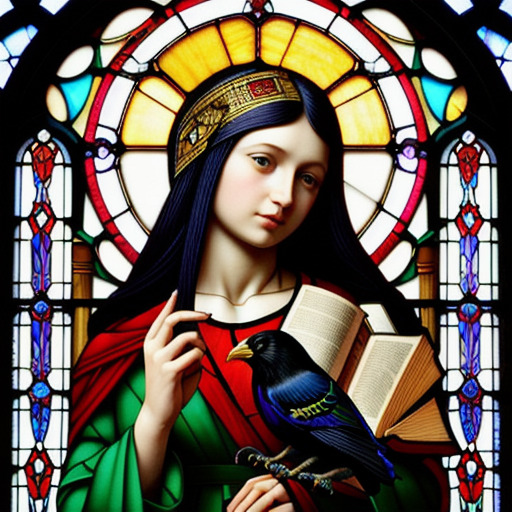
Kazakhstani computer programmer and creator of the website Sci-Hub, which provides free access to research papers without regard for copyright. According to a study published in 2018, Sci-Hub provides access to nearly all scholarly literature. Elbakyan has been described as “Science’s Pirate Queen”. In 2016, Nature included her in their list of the top ten “people who mattered” in science.
4.6 Reverand Thomas Bayes
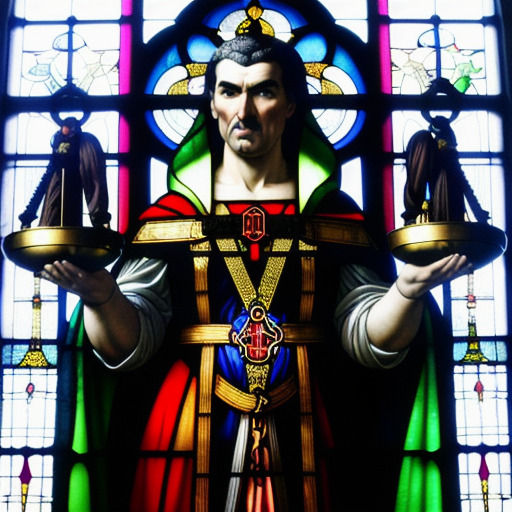
Presbyterian minister who is known for formulating a specific case of the theorem that bears his name: Bayes’ theorem. Bayes never published what would become his most famous accomplishment; his notes were edited and published posthumously.
Bayesian inference is a method of statistical inference in which Bayes’ theorem is used to update the probability for a hypothesis as more evidence or information becomes available. It has found application in a wide range of activities, including science, engineering, philosophy, medicine, sport, and law. In the philosophy of decision theory, Bayesian inference is considered as “to the theory of probability what Pythagoras’s theorem is to geometry.”
4.7 William of Occam
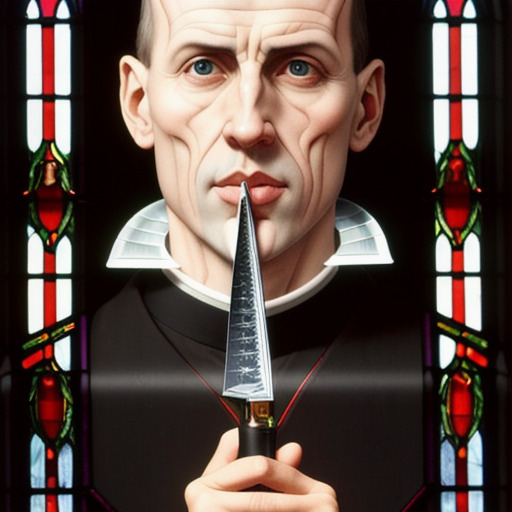
William of Ockham was an English Franciscan friar. He is considered to be one of the major figures of medieval thought and was at the centre of the major intellectual and political controversies of the 14th century. He is commonly known for Occam’s razor, the methodological principle that bears his name. William of Ockham denied papal infallibility and often went into conflict with the pope. As a result, some theologians have viewed him as a proto protestant.
5 Note
This is a conversion to pdf of my changing writeup, if you’d like you can look at the current version at http://tilde.club/~lesh/projects/glass/